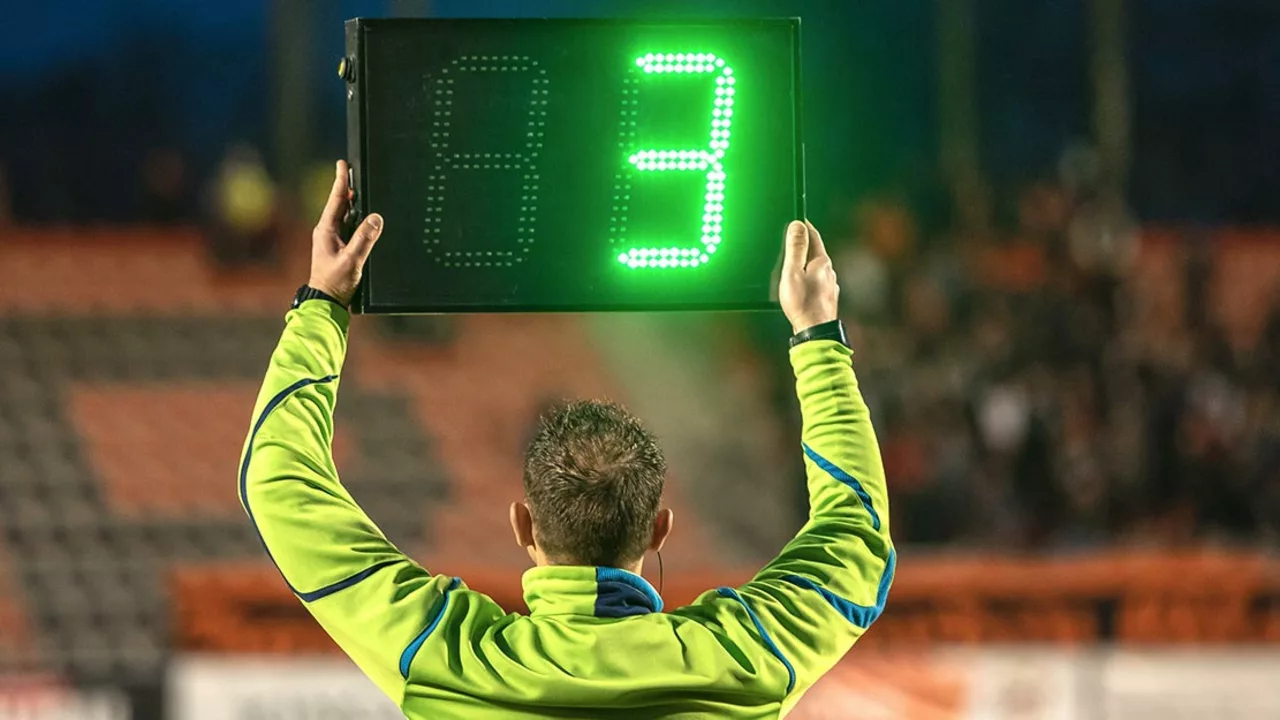The Intricacies of Time in Football
Before diving into the reasons why the clock isn't stopped in football, it's important to understand the intricacies of time in the sport. The game is divided into two halves of 45 minutes each with a 15-minute halftime break. But, unlike many other sports, the clock in football never stops, even when the ball is out of play or when substitutions are made. This can cause confusion for those unfamiliar with the game, but there's a method to the madness.
Understanding Stoppage Time
While the clock may not stop in football, the concept of stoppage time is introduced to compensate for the time lost during injuries, substitutions, or other interruptions. The referee has the sole authority to decide the amount of stoppage time at the end of each half. This time is added on to the end of each half and can range from a few minutes to several, depending on the circumstances of the game.
An Uninterrupted Flow of Play
One of the key reasons the clock isn't stopped in football is to maintain an uninterrupted flow of play. Football is a game that thrives on continuity and momentum. The constant ticking clock adds an element of suspense and excitement to the game, allowing for unpredictable and dramatic moments.
The Tactical Aspect
The continuous clock also introduces a tactical element to the game. Teams can use the running clock to their advantage, whether they're trying to preserve a lead or chasing an equalizer. The manipulation of time becomes a strategic part of the game, adding another layer of complexity to the sport that is loved by millions.
Fair Play and Sportsmanship
In the spirit of fair play and sportsmanship, the clock doesn't stop in football. Unlike some sports where the clock can be manipulated to gain an unfair advantage, in football, the referee is the sole arbiter of time. This ensures that no team can unduly benefit from stopping the clock.
Limitations of Stopping the Clock
Stopping the clock in football could also lead to practical issues. Given the number of interruptions during a game, stopping the clock each time could result in excessively long matches. This could lead to player fatigue, lowered quality of play, and logistical difficulties for broadcasters and spectators.
Comparison with Other Sports
It's interesting to compare football's approach to time with other sports. In sports like basketball or American football, the clock stops frequently, leading to games with a much longer real-time duration. However, these interruptions also break the flow of the game, something that football aims to avoid.
Controversies and Calls for Change
Despite the reasons outlined, there have been controversies and calls for change regarding the stoppage time rule in football. Some argue that the rule allows for time-wasting and doesn't accurately reflect the time lost during the game. However, any changes to this rule would drastically alter the nature of the game.
The Charm of Football
Ultimately, the continuous clock is part of the charm of football. It's a unique aspect that sets the sport apart and contributes to the unpredictability and excitement of the game. While it may seem peculiar to some, for many fans, it's one of the things that makes football the beautiful game.
